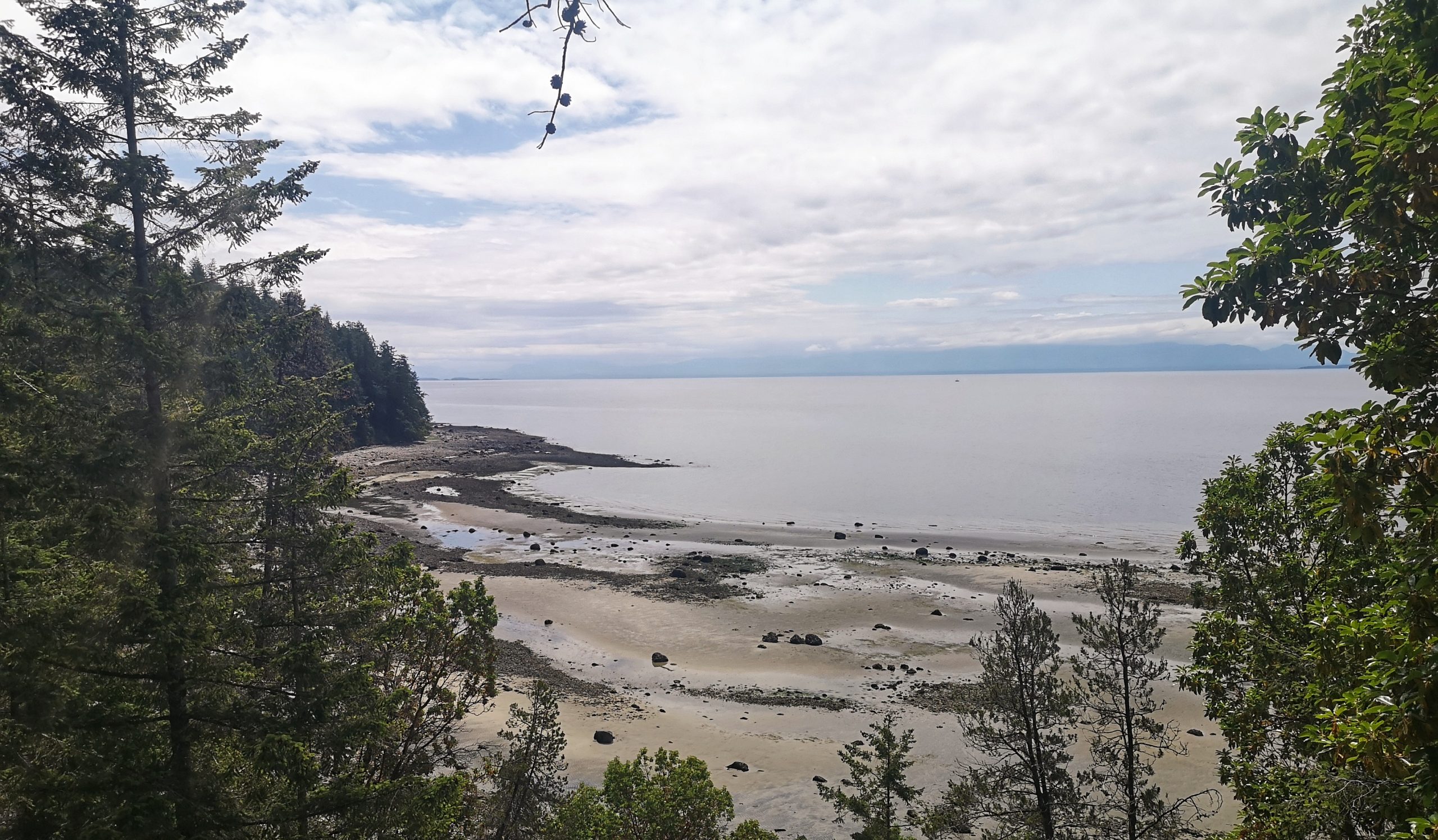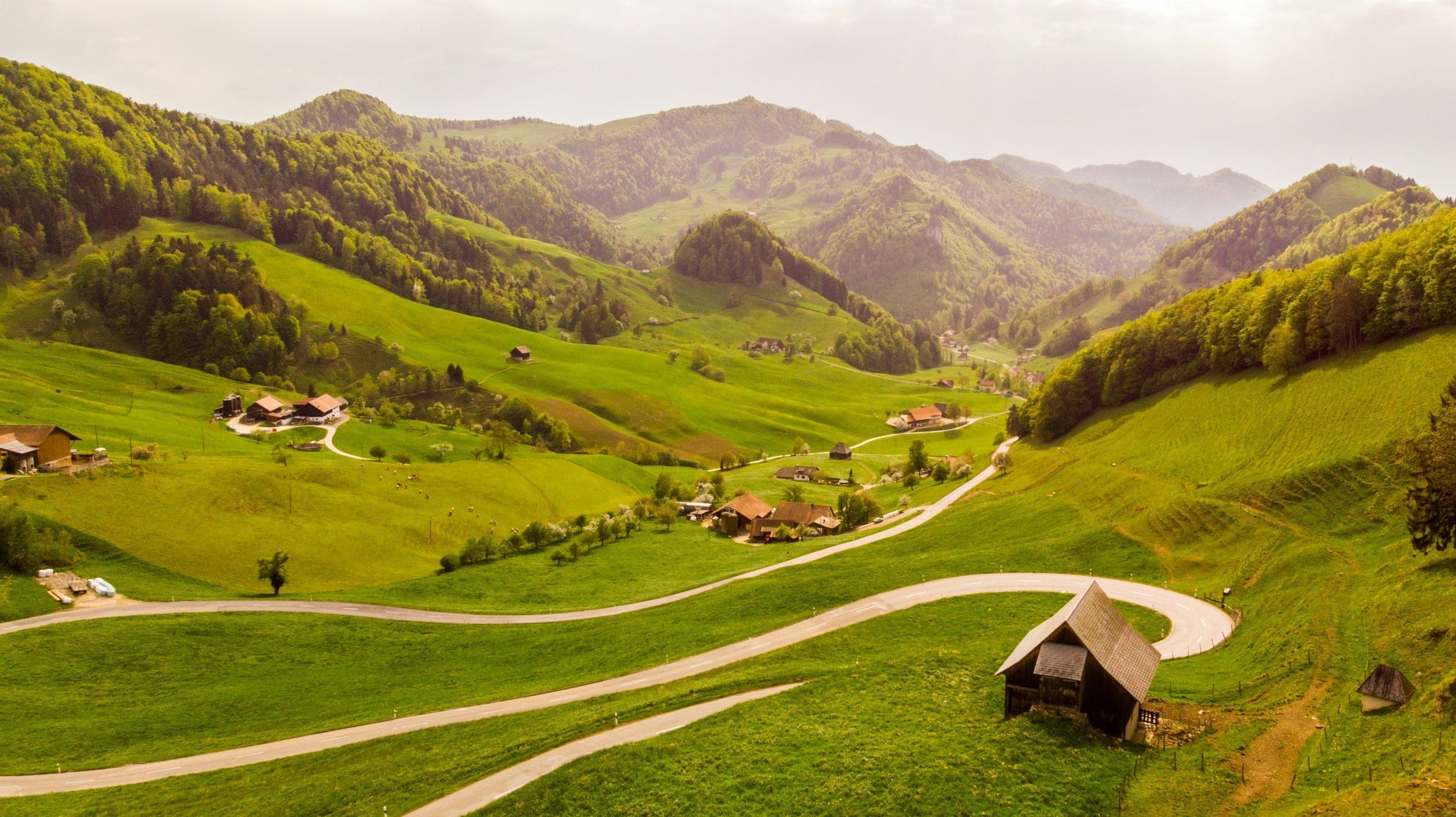Most of the obstacles in my life weren’t external. They were procedural. Internal. A one-person committee skilled at delay, deflection, and convincing arguments for doing nothing. This is a note from inside that room, and a reminder that the only way out is movement.
Category: Journal Entries
thoughts, ponderings, experiences and lessons learned. or, something deep and life-changing.
What follows isn’t medical advice — it’s a reminder to reclaim ownership of your health, your body, and your awareness. In a world obsessed with quick fixes and synthetic interventions, it’s easy to forget the simplicity of what actually sustains us: movement, nature, breath, and presence. This is an invitation to return to those fundamentals and to question the narratives that keep us sick, distracted, and dependent.
We like to think we have time — that tomorrow or next year we’ll finally sit down and give life to the things that matter most. But time has never been ours to control. This piece is a reminder, to myself as much as anyone, of what’s lost when we wait, and what’s possible when we stop waiting.
Life on the island has taught me much about simplicity, authenticity, and the contrast between calm community living and the noise of the modern world. As I prepare to leave, even if only for a while, I reflect on what quality of life truly means — and the choices each of us must make to live in alignment with our deepest values.
Beyond energy, shelter, food, and water, true self-reliance extends to several other critical aspects that ensure long-term sustainability, resilience, and overall well-being. Achieving true independence means integrating health, waste management, security, skills, community, communication, economic sustainability, and mental resilience into daily life. Each of these elements strengthens the foundation of self-sufficiency, allowing individuals and communities to thrive without reliance on centralized systems.




